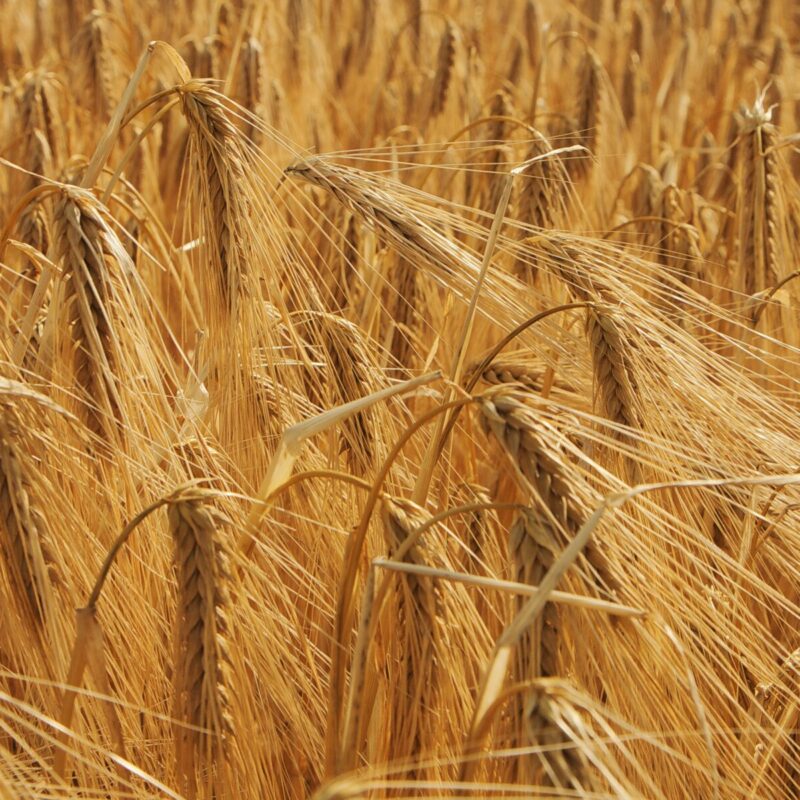UN shows data on hunger and food injustice

The latest report, “The state of food security and nutrition in the world 2024,” shows very disturbing data on hunger and malnutrition in the world. “The world has gone back 15 years, with malnutrition levels comparable to those of 2008-2009. Despite some progress in certain areas, such as stunting and exclusive breastfeeding, an alarming number of people continue to face food insecurity and malnutrition, as global hunger levels have remained at the same level for three consecutive years, with between 713 and 757 million people malnourished in 2023 – about 152 million more than in 2019, based on the average range (733 million). Regional trends vary considerably: the percentage of the population facing hunger continues to rise in Africa (20.4%), remains stable in Asia (8.1%) – although it remains a major challenge, as the region is home to more than half of those facing hunger worldwide – and shows progress in Latin America (6.2%). Between 2022 and 2023, hunger has increased in West Asia, the Caribbean and most African subregions.
If current trends continue, some 582 million people will be chronically malnourished in 2030, half of them in Africa, warn the Food and Agriculture Organization of the United Nations (FAO), the International Fund for Agricultural Development (IFAD), the United Nations Children’s Fund (UNICEF), the UN World Food Program (WFP) and the World Health Organization (WHO). This forecast closely resembles the levels seen in 2015, when the Sustainable Development Goals were adopted, signifying a worrying stagnation of progress.”
FAO Director General QU Dongyu: “Transforming agri-food systems is more critical than ever as we face the urgency of achieving the SDGs in just six years. FAO remains committed to supporting countries in their efforts to eradicate hunger and ensure food security for all. We will work with all partners and through all approaches, including the G20 Global Alliance against Hunger and Poverty, to accelerate needed change. Together, we must innovate and collaborate to build more productive, inclusive, resilient and sustainable agri-food systems that can better meet future challenges for a better world.”
Experts point out that without transforming the food system and moving to fair and sustainable systems, it will not be possible to guarantee the right to fair, healthy food. This shows how unsustainable and inefficient the modern food system and agriculture based on the livestock sector is. In a world of food waste, feeding farmed animals instead of guaranteeing healthy food, people need to redefine and redesign agriculture, food production and distribution.
Credit: unsplash

